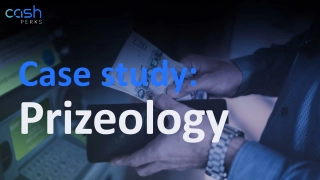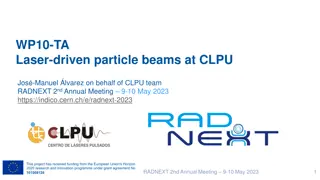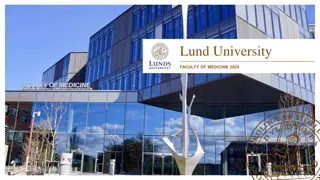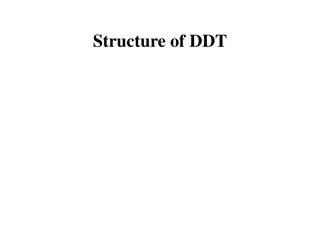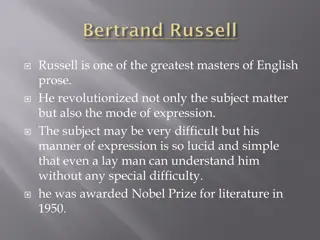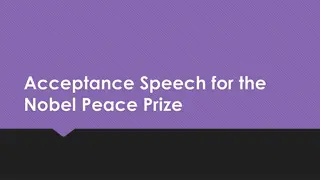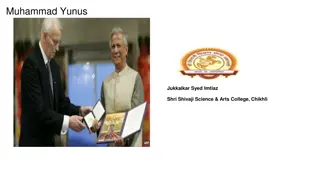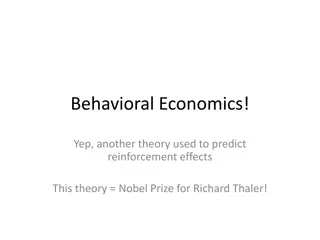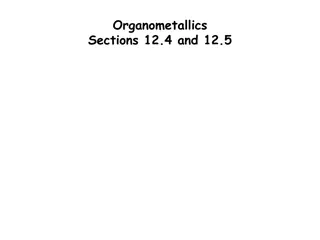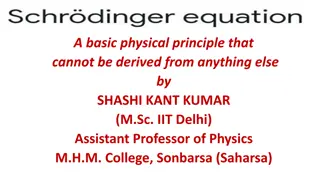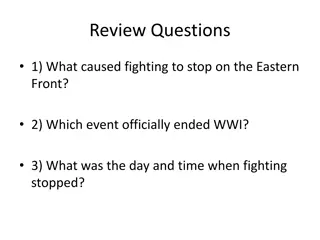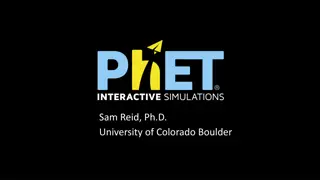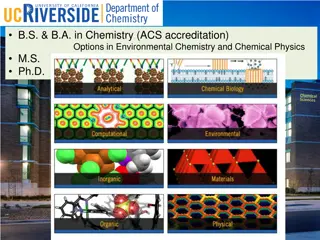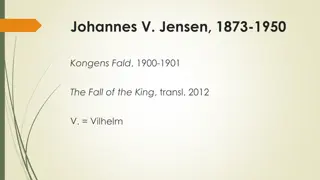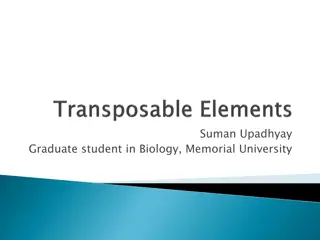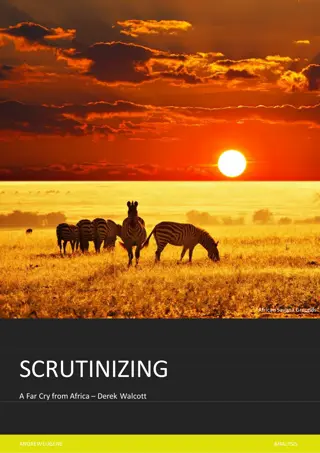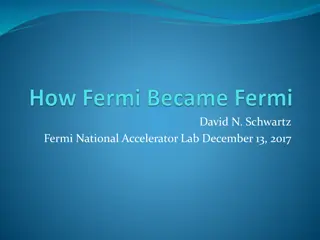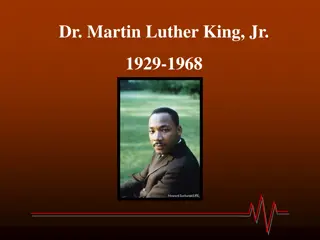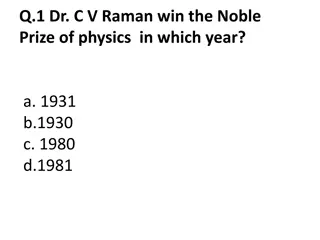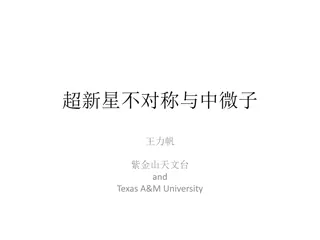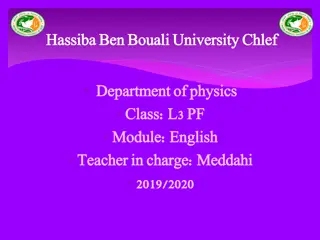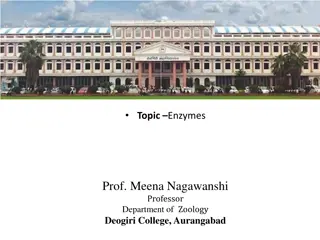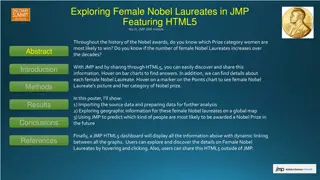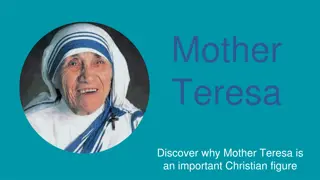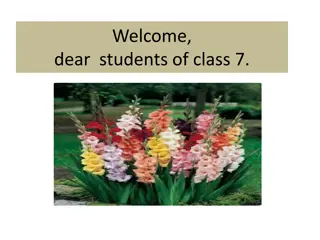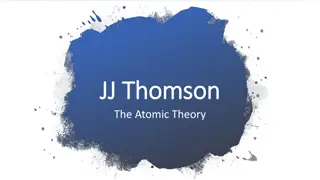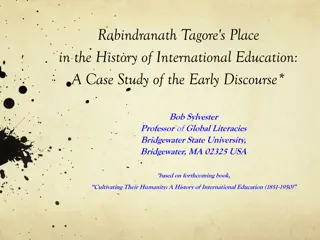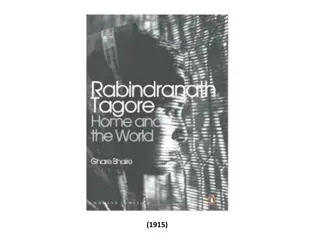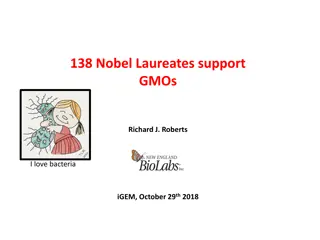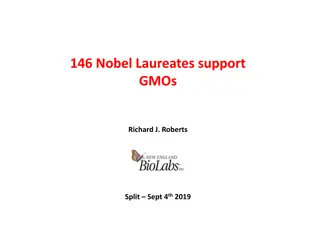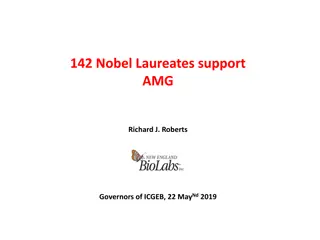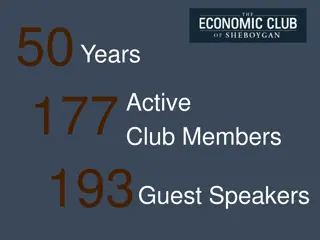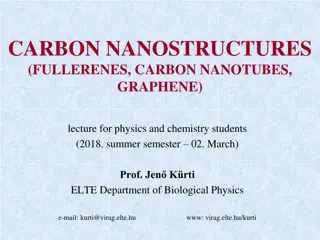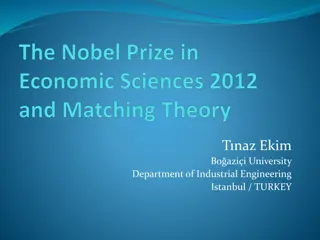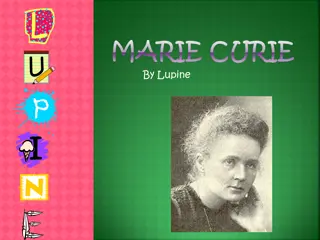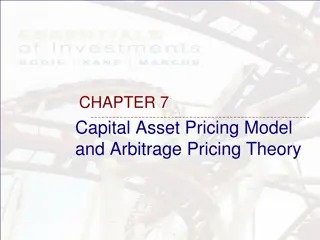Case study: Prizeology
Leading prize promotion agency adopts Cash Perks for cash prize winners, streamlining prize delivery and reducing administrative burden. Cash Perks ensures privacy and efficiency in rewarding cash prizes.
1 views • 4 slides
Laser-Driven Particle Beams at CLPU: Insights from the RADNEXT 2nd Annual Meeting
Delve into the world of laser-driven particle beams at CLPU as discussed in the RADNEXT 2nd Annual Meeting. Explore topics like high-intensity laser facilities, laser plasma accelerator applications, and the innovative use of Laser VEGA for transnational access. Witness the evolution of laser physic
2 views • 29 slides
Lund University Faculty of Medicine - A World-Class Institution for Research and Education
Lund University's Faculty of Medicine, part of a prestigious institution with nine faculties, is renowned for its world-leading research fields and commitment to understanding, explaining, and improving the human condition. With over 8,000 employees and 45,000 students, the university offers a wide
0 views • 33 slides
The Discovery and Impact of DDT on Insect Control
Paul Miller's 1939 discovery of DDT as an effective insecticide led to its Nobel Prize recognition in 1948. DDT's preparation, physical properties, insecticidal effects, and environmental concerns are discussed, highlighting its widespread use in developing nations despite bans in advanced countries
0 views • 28 slides
Exploring the Mastery of English Prose: The Style of Bertrand Russell
Bertrand Russell, a Nobel Prize-winning writer, revolutionized English prose with his lucid and simple expressions on complex subjects. Known for his use of long sentences, terseness, allusiveness, and irony, Russell's style combines clarity with deep meanings and continuity of thought. His allusion
0 views • 11 slides
Reflections on Elie Wiesel's Nobel Peace Prize Acceptance Speech
Elie Wiesel's Nobel Peace Prize acceptance speech raises thought-provoking questions about neutrality, solidarity, and freedom. Through powerful quotes, he emphasizes the importance of taking a stand against oppression and supporting victims to prevent atrocities. Wiesel's profound insights challeng
0 views • 4 slides
Biography of Muhammad Yunus: Nobel Laureate and Microfinance Pioneer
Muhammad Yunus, born in 1940 in Bangladesh, is a renowned banker, author, and economist known for his pioneering work in microfinance. His efforts led to the establishment of Grameen Bank and earned him the Nobel Peace Prize in 2006. Yunus's journey from academia to poverty reduction initiatives in
0 views • 9 slides
Ernest Hemingway: An American Literary Icon
Ernest Hemingway, a prolific American author and journalist, is best known for his novels like "A Farewell to Arms" and "The Old Man and the Sea." Born in 1899 in Illinois, he had a tumultuous personal life with multiple marriages. Hemingway's writing style was characterized by simplicity and realis
0 views • 16 slides
Understanding Behavioral Economics and Its Application
Behavioral Economics is a theory that predicts reinforcement effects, winning Richard Thaler a Nobel Prize. It applies economic principles to behavior, with premises on experimental characteristics, elastic demand of reinforcers, and choice behavior complexity. Terms like demand, commodity, price, a
2 views • 39 slides
Exploring the Fascinating World of Grignard Reagent in Organometallic Chemistry
Delve into the significance of the Grignard Reagent, a pivotal discovery honored with the Nobel Prize in Chemistry in 1912 for its transformative impact on organic chemistry. Unveil the versatile applications and reactions of this essential reagent, showcasing its ability to react with various subst
0 views • 42 slides
Fundamental Physics Principles Explored by Schrodinger and De Broglie
Shashi Kant Kumar dives into the groundwork laid by notable physicists such as Schrodinger and De Broglie, highlighting the fundamental principles of quantum mechanics. The evolution of Schrodinger's equation, the Nobel Prize-winning collaborations, and the application of wave mechanics to atomic st
0 views • 13 slides
Woodrow Wilson's 14 Points and the End of WWI
Woodrow Wilson's 14 Points were a series of peace proposals aimed at ending World War I and establishing lasting peace. These points included measures such as ending secret treaties, ensuring freedom of the seas, and promoting self-determination. Wilson's efforts were recognized with the Nobel Peace
3 views • 10 slides
Interactive Science Simulations by PhET - Engaging Learning Experiences
Explore PhET Interactive Simulations founded by Nobel Prize physicist Carl Wieman, offering over 120 interactive simulations across various scientific disciplines. From Energy Skate Park to Molecule Shapes, these simulations provide engaging, game-like experiences for students and scientists alike.
0 views • 13 slides
UC Riverside Chemistry Program: Excellence in Education and Research
UC Riverside's Chemistry Program offers a range of options in ACS-accredited Chemistry education, with highlights including a distinguished faculty, substantial research funding, and high rankings. The program also boasts a Nobel Prize-winning faculty member and a comprehensive curriculum that cover
0 views • 5 slides
Life and Literary Works of Johannes V. Jensen: A Nobel Prize Laureate
Johannes V. Jensen (1873-1950) was a prominent Danish writer known for works such as "Kongens Fald" (The Fall of the King). With a diverse literary portfolio comprising poems, articles, and novels, he received the Nobel Prize in Literature in 1944. Jensen's upbringing, career, and notable works are
0 views • 14 slides
Development of Attosecond Theory for Nobel Prize through Verilog Programming
Attosecond generation is a crucial technique for creating attosecond pulses by manipulating radiation waves. This research paper focuses on developing the Attosecond generation equation through Verilog programming and validating it using test programming techniques. The interface between equations,
0 views • 15 slides
Trailblazing Maize Cytogeneticist: Barbara McClintock's Revolutionary Discoveries
Barbara McClintock, a pioneering geneticist, revolutionized the field of maize cytogenetics through her groundbreaking discoveries on genetic recombination, transposition, and gene expression. Her innovative techniques and concepts reshaped our understanding of chromosomes and gene regulation, leadi
0 views • 21 slides
Analysis of Derek Walcott's Work and Achievements in Poetry and Playwriting
Derek Alton Walcott, a Saint Lucian poet and playwright, was awarded the Nobel Prize in Literature in 1992. Known for his significant contributions to poetry and plays, including "Omeros" and "Dream on Monkey Mountain," Walcott's works have garnered critical acclaim and numerous literary awards thro
1 views • 6 slides
The Fascinating Life and Work of Physicist Enrico Fermi
Enrico Fermi, a renowned physicist, made significant contributions to the field of quantum mechanics and nuclear physics. Born in Rome in 1901, he went on to receive the Nobel Prize in 1938 for his work on slow neutrons. Fermi's innovative approach as a theorist and experimenter set him apart in the
0 views • 16 slides
Biography of Dr. Martin Luther King Jr. (1929-1968) - Civil Rights Leader
Dr. Martin Luther King Jr., a prominent civil rights leader, was born in Atlanta in 1929. He made significant contributions through non-violent protests and activism, including leading the Montgomery Bus Boycott and delivering his iconic "I Have a Dream" speech in Washington, D.C. He received the No
0 views • 16 slides
General Knowledge Quiz on Science, History, and Geography
Test your knowledge with this quiz covering topics like Nobel Prize winners, chemical formulas, color blindness, international organizations, sports events, beauty pageants, and banned pesticides. Challenge yourself and learn fun facts along the way!
0 views • 70 slides
The Physics of Supernovae and Neutron Stars
Explore the fascinating world of supernovae and neutron stars through historical postulations, Nobel Prize-worthy discoveries, multi-dimensional simulations, and paradigm shifts in understanding asymmetric supernovae. Dive into the complexities of core-collapse mechanisms, jet formations, and the po
0 views • 35 slides
Life and Works of Rabindranath Tagore: A Literary Genius
Rabindranath Tagore, a prominent Bengali poet, short-story writer, and painter, revolutionized Bengali literature by introducing new prose and verse forms. He was the first non-European to win the Nobel Prize in Literature in 1913. Tagore's deep connection with the Bengali countryside and his profou
0 views • 17 slides
Nobel Prize Winners in Physics Since 2010
Explore the recipients of the Nobel Prize in Physics from 2010 onwards, including their remarkable contributions to the field, such as discoveries in gravitational waves, neutrino oscillations, and groundbreaking inventions in laser physics. Understand the significant impact of their work on our und
0 views • 19 slides
Understanding Enzymes and Restriction Enzymes in Molecular Biology
Enzymes are essential proteins that catalyze biochemical reactions. Bacteria have evolved enzymes like restriction endonucleases to protect against foreign DNA, such as viral DNA. The discovery of restriction enzymes in E. coli led to the Nobel Prize in Medicine in 1978. These enzymes cut DNA at spe
0 views • 24 slides
Exploring Female Nobel Laureates in JMP Featuring HTML5
Discover the trends of female Nobel Laureates across decades and categories using interactive charts and geographic information. Explore the impact and underrepresentation of women in Nobel Prizes through data analysis and visualization techniques.
0 views • 7 slides
The Inspiring Legacy of Mother Teresa: A Life of Compassion and Service
Mother Teresa, born as Agnes Bojaxhiu in Skopje, Macedonia, dedicated her life to serving the poor and afflicted. Moved by the suffering she witnessed in Calcutta, India, she founded hospices, homes for orphans, and care centers for those with AIDS and leprosy. Awarded the Nobel Peace Prize in 1979,
0 views • 9 slides
Learning about Prize-Giving Day at School
Explore a lesson on prize-giving day at school, where students learn about eminent achievements, outstanding performances, and the significance of ceremonies. Follow along as students discuss pictures, read about a prize-giving ceremony, and match words with their meanings. Engage in activities that
0 views • 15 slides
JJ Thomson: Discoverer of the Electron and Pioneer in Atomic Theory
JJ Thomson, Nobel Prize-winning physicist, discovered the electron in 1897 through his study of cathode rays. He proposed the Plum Pudding Model of the atom, revolutionizing the understanding of atomic structure. His work on electrons, isotopes, and mass spectrography solidified his legacy as a lead
0 views • 7 slides
Rabindranath Tagore's Impact on International Education Discourse
Rabindranath Tagore, a renowned figure from Bengal and the first non-European Nobel Prize recipient, played a significant role in promoting international education and world citizenship. His poetic works, particularly "The Gitanjali," reflected his universal outlook. Tagore's establishment of the In
0 views • 40 slides
Rabindranath Tagore: A Literary Pioneer and Social Critic
Rabindranath Tagore, a prominent figure in Indian literature and culture, was the first non-European to win the Nobel Prize in Literature in 1913. He bridged the gap between Indian and Western cultures through his works, particularly evident in "The Home and the World." Tagore's involvement in the S
0 views • 17 slides
Nobel Laureates Support GMOs: A Call for Science Honesty
138 Nobel Laureates advocate for the safety and support of GMO technology to benefit the developing world by enhancing crop yield and nutritional value. They challenge misconceptions around GMOs and encourage a more informed, science-based dialogue. The letter addressed to Greenpeace and UN ambassad
6 views • 35 slides
Nobel Laureates' Support for GMOs and Food as Medicine
The article highlights the support of 146 Nobel Laureates for GMO technology, emphasizing its safety and importance for addressing world hunger. It also discusses the role of food as medicine and the need for promoting science honesty regarding GMOs. The message calls for the encouragement of GMOs f
1 views • 35 slides
Nobel Laureates Supporting GMO Technology for Global Food Security
142 Nobel Laureates, including Marc Van Montagu and Jeff Schell, emphasize the safety and importance of GMO technology in addressing global food insecurity. They urge organizations like Greenpeace to recognize the benefits of genetically modified crops for the developing world. The laureates stress
0 views • 34 slides
A Glimpse into the Prestigious Club's Illustrious History
Delve into the rich history of a distinguished club that has been active for years, boasting renowned members, influential speakers, and notable guests, including Nobel Prize winners, U.S. Presidents, Cabinet members, Federal Reserve Chairmen, and Bank Presidents. Experience a legacy filled with exc
0 views • 29 slides
Carbon Nanostructures: Fullerene, Carbon Nanotubes, Graphene Lecture
This lecture covers the unexpected discovery of buckminsterfullerene in 1985 by H.W. Kroto and his team, leading to a Nobel Prize in 1996. The presentation delves into the properties and significance of carbon nanostructures, including fullerenes, carbon nanotubes, and graphene. It also discusses th
0 views • 30 slides
Understanding Stable Matchings in Industrial Engineering
Explore the concept of stable matchings in industrial engineering through topics like Gale-Shapley Algorithm, Kidney Exchange, and Market Design. Learn about the Nobel Prize in Economic Sciences awarded for stable allocations theory. Discover how stable matchings are essential in candidate-instituti
0 views • 25 slides
The Incredible Life of Marie Curie: A Journey of Science and Determination
Marie Curie, a pioneering scientist, overcame challenges and made groundbreaking discoveries in the field of radioactivity. From her early years in Warsaw to her studies in Paris, her perseverance and intelligence led her to become the first woman to win a Nobel Prize. With her husband Pierre Curie
0 views • 12 slides
Understanding the Capital Asset Pricing Model (CAPM) and Arbitrage Pricing Theory
Explore the Capital Asset Pricing Model (CAPM) which relates expected returns to risk, learn about the Security Market Line (SML), single-index model, multi-factor models, and the Fama-French three-factor model. Discover the Nobel prize-winning Eugene Fama's contributions and dive into the Arbitrage
0 views • 52 slides
Rabindranath Tagore: The Iconic Man of Letters and His Political Stand
Rabindranath Tagore, the Nobel Prize-winning poet, novelist, and painter, was a modernist humanist who criticized extremist nationalism. He founded Viswa Bharati University as a radical educational experiment. The context of his time, including the Jallianwala Bagh Massacre and the Swadeshi Movement
0 views • 15 slides
